SLWCS Marine Project in Kandakuliya

“I learnt a lot from my time on this project, and really appreciate all the help SLWCS gave me.” Megan Truscott, UK
Visiting a fishing community
Cornelia Simeon
Switzerland
It’s my first time that I visit Sri Lanka and I was really excited to start my 4-weeks volunteer project in the SLWCS Marine Project in Kandakuliya in the Kalpitiya Peninsular.
The welcome was very friendly and I immediately felt at a comfortable place. The project was started by a detailed introduction, which already gave me an important insight into the activities of the next weeks.
I learned how important it is:




Collecting information on Mangroves
Identifying species of Mangroves
Mangroves
Collecting data on beach pollution
In the first week we started with the waste data collection on the beach. In total we surveyed an area of 1’000 meters and documented all the trash. We found many fishing net parts, plastic and PET bottles, oil cans, toothbrushes and toothpastes, lighters, plastic lids, etc. It is very sad to see how dirty this actually beautiful beach is.
In different places we also started recording the different native birds. I am thrilled about all these beautiful colorful birds. It is incredible what biodiversity nature has created. All this must be protected and preserved at all times. My absolute favorite bird is the Indian Roller. With its blue-violet colors it is a beautiful bird. He also has a funny habit: He loves smoke :-). It is attracted by wildfires and darts into hot smoke in pursuit of insects.
Since it rained or thundered again and again during this week, we had to adjust our program several times at short notice.
But my highlight so far was definitely the dolphin watching. We went out to sea early in the morning by boat and looked for dolphins. We found a few, but they kept hiding as soon as we approached. After waiting for a while we found a huge dolphin family with several hundred members. It was incredibly beautiful to watch these elegant and beautiful animals. I will never forget that.
The locals are very friendly and helpful and I am a fan of Sri Lankan cooking. And I made friends with the resident dog and cat at the field house.
Collecting data on Marine Debris
Megan Truscott
England;
I spent two weeks volunteering on the SLWCS marine project. The project is in the early stages, so most of the work involved collecting data on the surrounding area. Using transects, we counted the marine debris on the beach. This was to identify the most common, and different types of debris present in order to target specific plastic sources such as fishing nets, or household objects further on in the project. We also identified different species of birds and mangroves in the area to monitor which species are most common. These activities were useful for learning about the scientific methods of transects and species identification.

I have an interest in increasing the sustainability of fishing, and the team made a special effort to arrange relevant activities for me. I had the opportunity to meet members of the fishing community, and to observe some of the processes such as fish drying, and sorting once the fishing boats returned to shore. I really appreciated this, engaging with the community was a great experience, and I gained understanding of the lives and methods of the traditional fishing community.
On one of the days we spent the morning dolphin watching, this was an amazing experience and really rewarding to see the pod out at sea. We saw a pod of spinner dolphins, and it was so beautiful to watch them jump and play. Staying in the field house was a lovely part of the experience, the hosts are so welcoming, and it’s a really great opportunity to try local food.
I learnt a lot from my time on this project, and really appreciate all the help SLWCS gave me.
For information on the SLWCS Volunteer Program please send inquiries to: info@slwcs.org
SLWCS Staff and Volunteer shirts sponsored by elephantea
Big, rumbling thanks to our Corporate & Organizational Partners for their kind support and to everyone who has donated and supported our wildlife conservation efforts!
Learn more about Sri Lanka Wildlife Conservation Society
Have your say Cancel reply
Our emails to you has bounced travelmole.com Or You can change your email from your profile Setting Section
Your region selection will be saved in your cookie for future visits. Please enable your cookie for TravelMole.com so this dialog box will not come up again.
Price Based Country test mode enabled for testing United States (US). You should do tests on private browsing mode. Browse in private with Firefox, Chrome and Safari
You can see how this popup was set up in our step-by-step guide: https://wppopupmaker.com/guides/auto-opening-announcement-popups/
Subscribe/Login to Travel Mole Newsletter
Travel Mole Newsletter is a subscriber only travel trade news publication. If you are receiving this message, simply enter your email address to sign in or register if you are not. In order to display the B2B travel content that meets your business needs, we need to know who are and what are your business needs. ITR is free to our subscribers.
 United Kingdom
United Kingdom United States
United States Asia Pacific
Asia Pacific


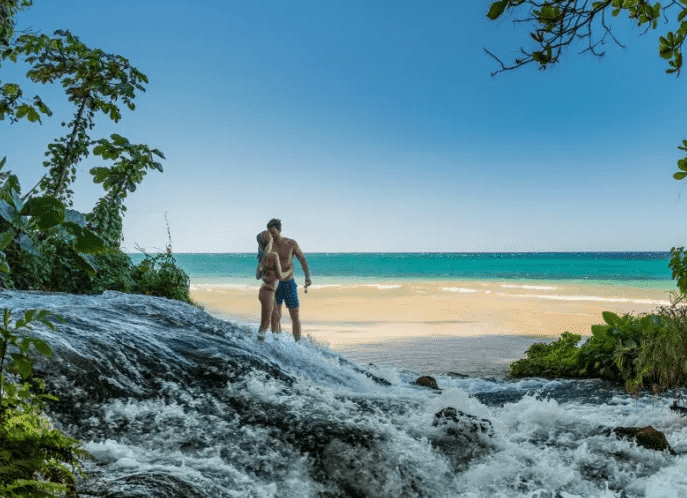
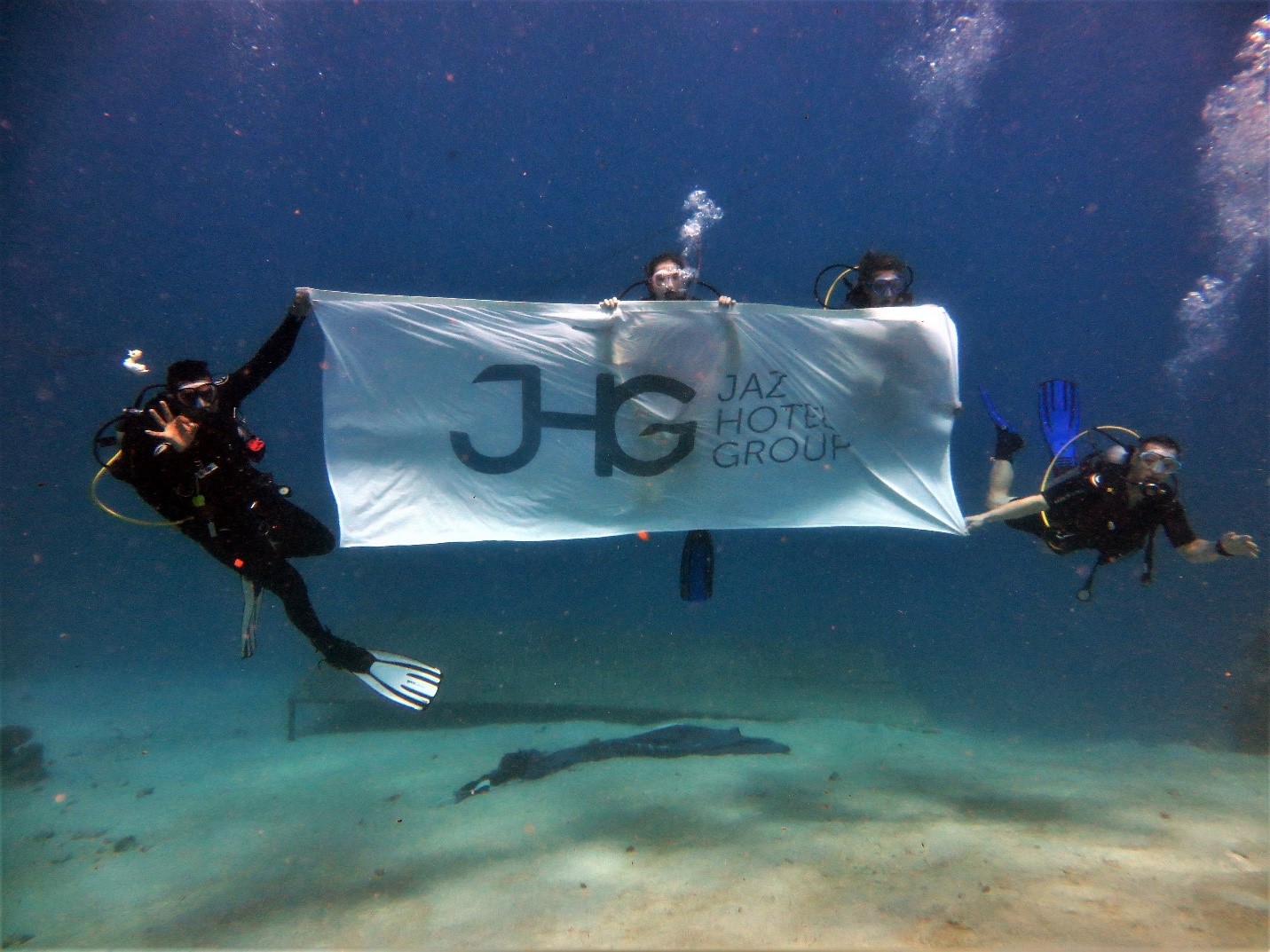
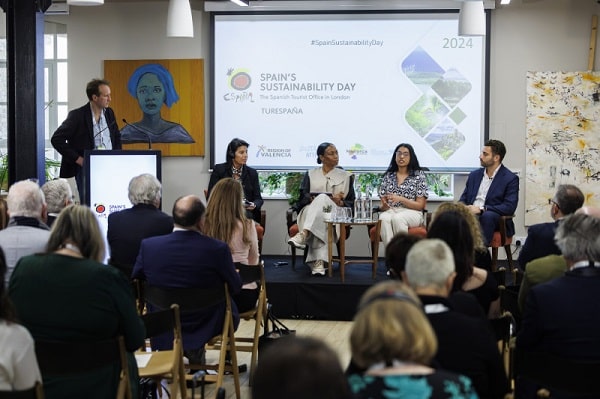
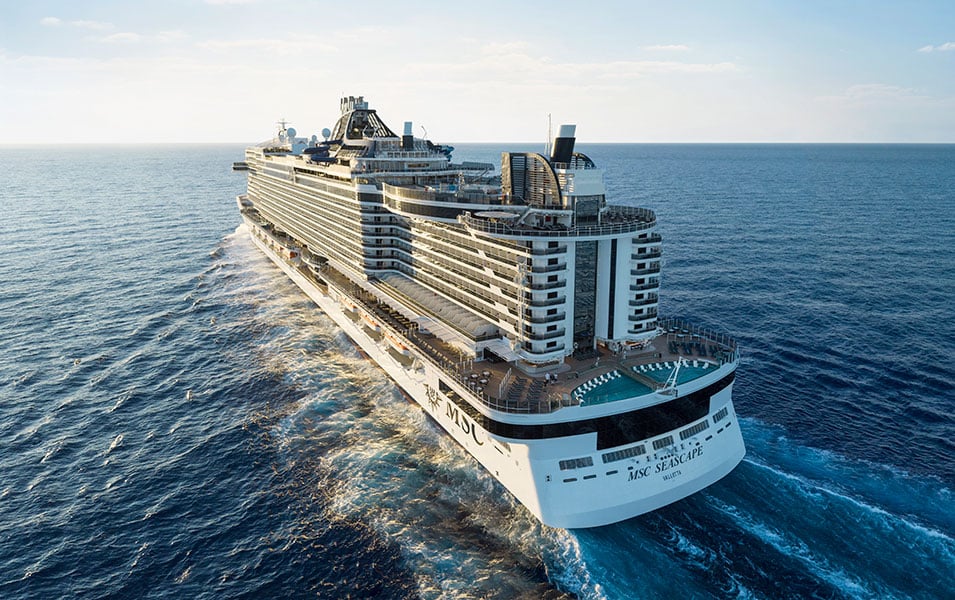
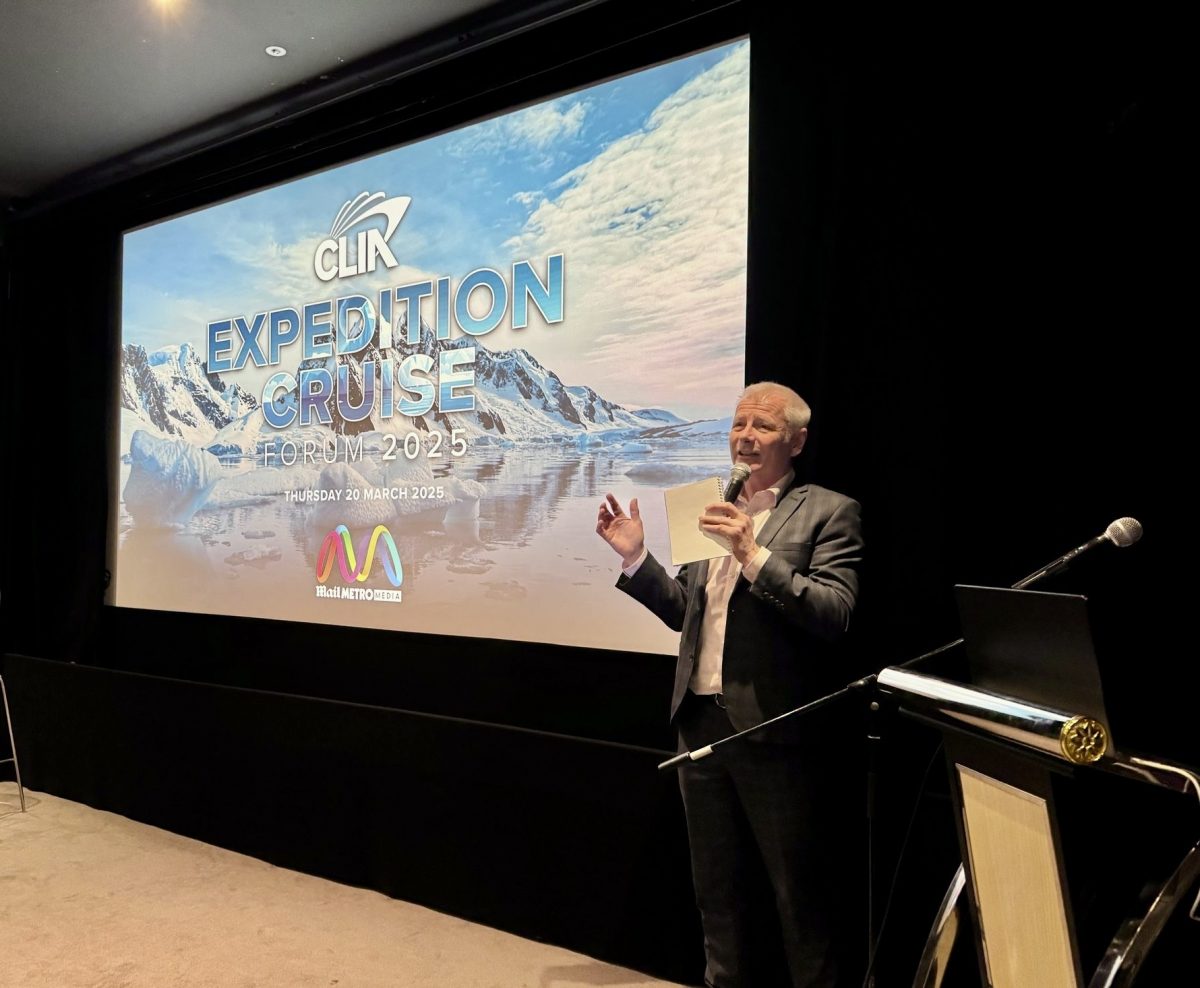


















Royal Caribbean issues Legionnaires’ disease warning
Qatar Airways adding Manchester flights
Jet2 unveils Samos as new Greek destination for summer 2026
EU entry-exit system delayed again
ATC strike in Greece could disrupt flights this week